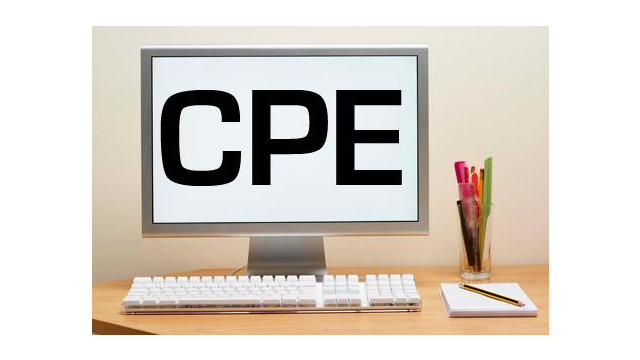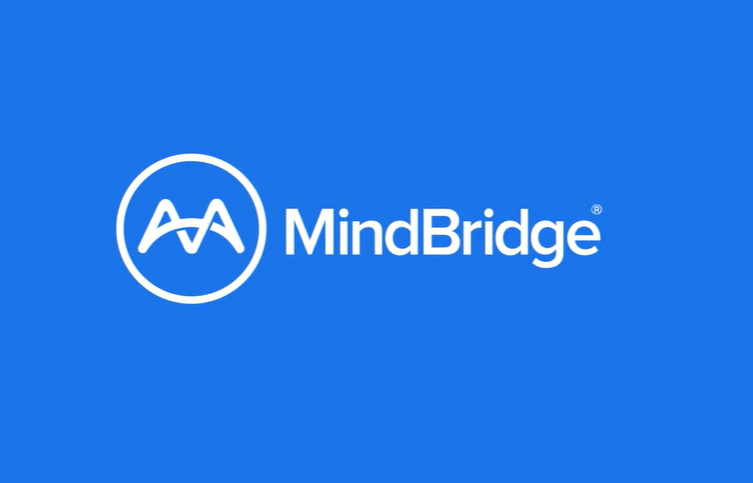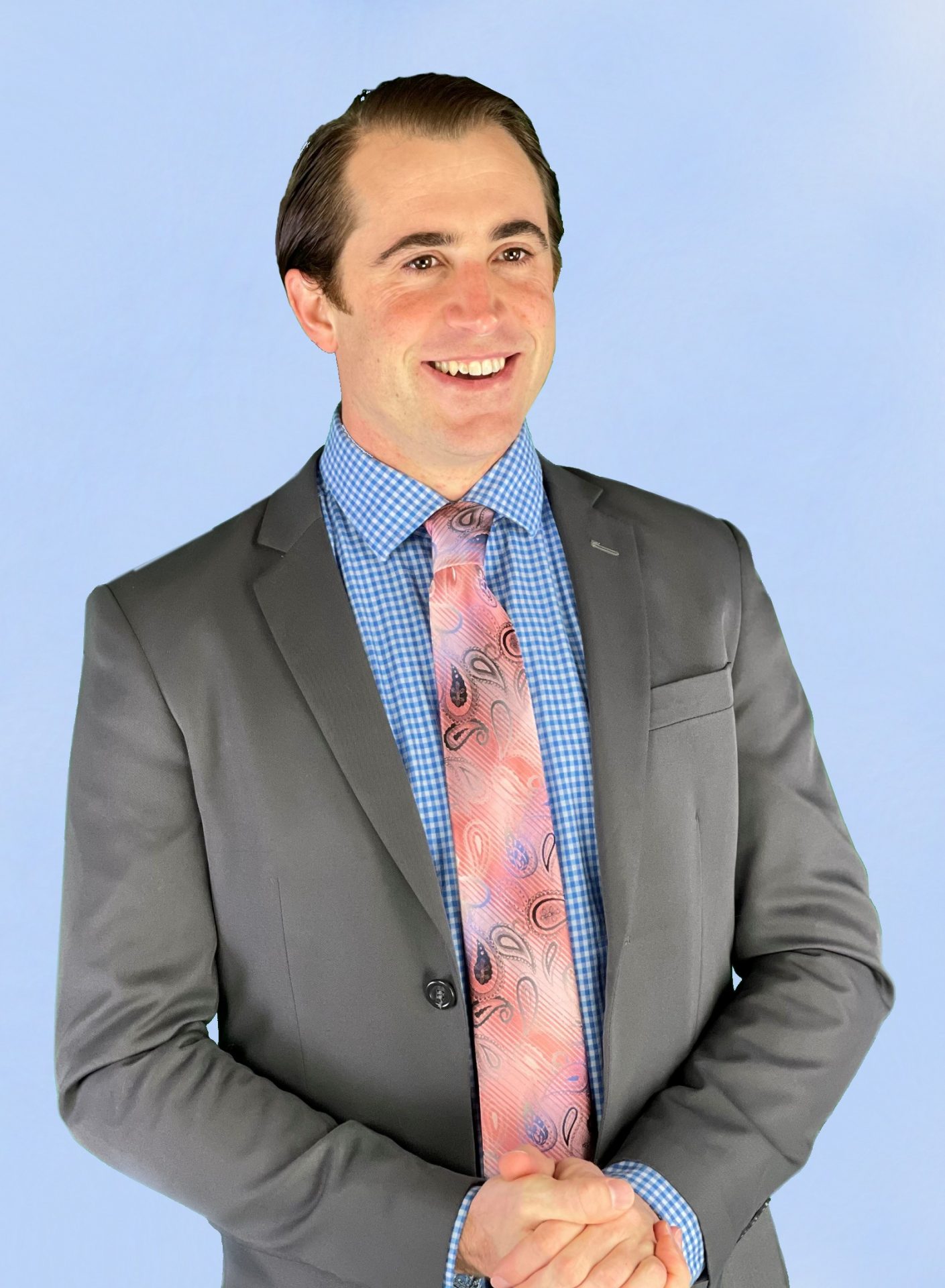For all of us in the accounting profession, December doesn’t just mean that the holidays are around the corner. It means that this is the time to cram a full years’ worth of CPE into 31 days or less. We all know the drill. On December first, let the cramming begin.
Each year, we follow the same flow. There’s a sudden realization that, to date, we have earned approximately zero hours of CPE with forty left to go. Pre-COVID, earning forty hours meant annual tax and audit updates, sitting crammed in the nearest hotel’s conference center with one hundred other accountants in the same boat.
When we cram like this, we get caught up in reaching our 40 hours—paying little attention to what we actually may learn. Instead of following the spirit of CPE to enhance and improve ourselves, we hyper-focus on punching the ticket of 40 hours quickly as possible. Compliance for compliance’s sake.
The question we need to ask ourselves as we move into a new year: Is the old way of doing things the best use of our time—and are we really learning anything at all?
Youthful Discretion
This December is an opportunity to learn something from the millennials and younger generation who do not view learning as something they have to do. Growing up in the Information Age, they look at learning as something valuable, something they do of their own volition. And if the instruction is poor or the curriculum waste of time, you’ll hear about it.
So, now is the time to revisit the goal of CPE and why we need shift our annual cram sessions into a new diet of steady, worthwhile improvements to our knowledge, skills and abilities.
The Value of Intent
The real goal of annual learning requirements in our profession was to ensure that professionals in our ever-changing industry invested a certain amount of time to stay current and sharp. We will save for another time the history lesson of how and why 40 hours was determined. For now, let’s focus on the goal. How can we shift our focus from our December push into something more meaningful, practical—and sane?
Constant Learning
Ours is a rapidly changing world. It necessitates constant learning. We saw a prime example of this in 2020, when the CARES act changed things so swiftly. We could not afford to wait until December to learn about these changes and new chances to help our clients and organizations.
To remain relevant, what makes sense is to carve out a little bit of time each week to devote to our learning and knowledge. For some, this means digesting something each day, be that an article, podcast, video, or webinar. Others prefer to batch, spending a couple hours over the weekend to consume new concepts and knowledge they saw popping up on their dashboards during the week. There is no right or wrong answer. It is about what works for you—and making it a habit.
Skills
Combined with the need to shift when we learn, we face our need to change what we learn. We need to move past purely technical skills and embrace the learning of soft skills.
Our industry is pushing us into being proactive and taking on a more advisory-level role—even early in our careers. This makes us increasingly thirsty for soft skills. Skills like leadership, communication, motivation, strategic planning, and teaming—there is no shortage of demand for accounting professionals who can demonstrate technical knowledge with interpersonal grace and fluency.
Think of your shift from learning only technical skills, into acquiring soft skills, to be like when you first started in the profession. Your first tax return was a monstrous challenge, but now you do tax returns in your sleep. In the beginning, learning soft skills may be daunting. But like all new subject matter, as you grow your understanding of the fundamentals, continued learning becomes easier.
As 2020 draws to a close, and we move into 2021, let’s accept and acknowledge that it is time to change how we learn and make this December’s cram session our last one–ever. Shift into constant learning—treating yourself to higher quality CPE and a steadier pace by day or by week. Given the rapid pace of change, why not kill two birds with one stone—gaining the new knowledge and skills you need to serve your clients, while earning those 40 hours learning topics that really matter.
Most importantly, if you want to stay relevant and forward-looking, it is time to tack on those soft skills and become the indispensable resource your organization so badly needs.
[Register for Ensuring Success, www.EnsuringSuccess.com, a free online CPE
conference Dec. 2-3, 2020, hosted by CPA Practice Advisor, where professionals
can earn up to 16 hours of free CPE remotely.]
Thanks for reading CPA Practice Advisor!
Subscribe Already registered? Log In
Need more information? Read the FAQs





